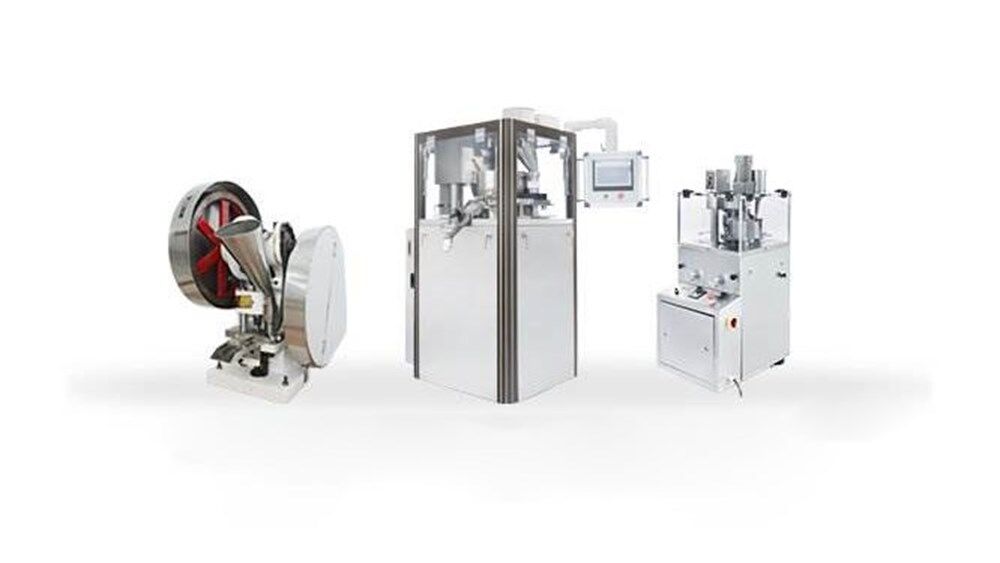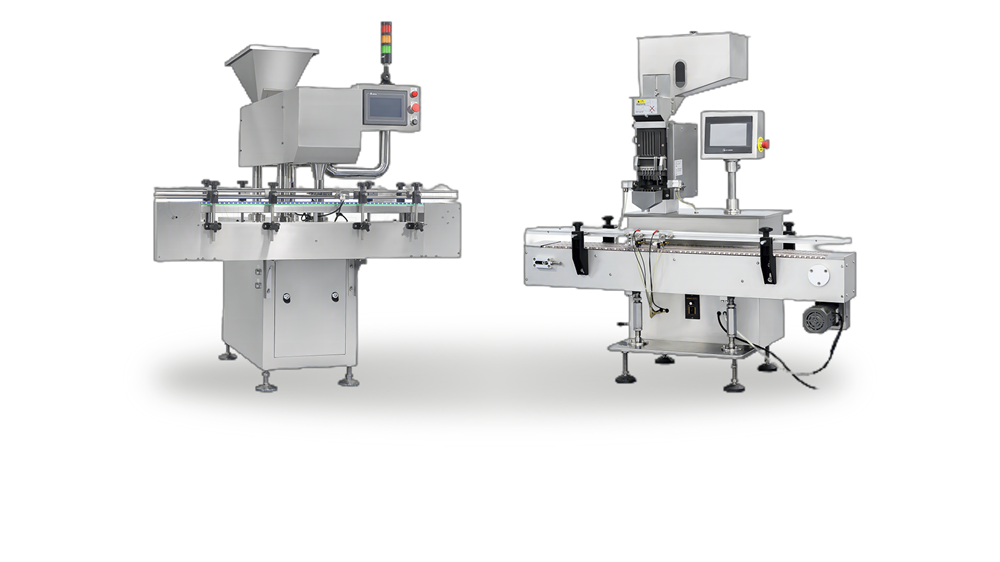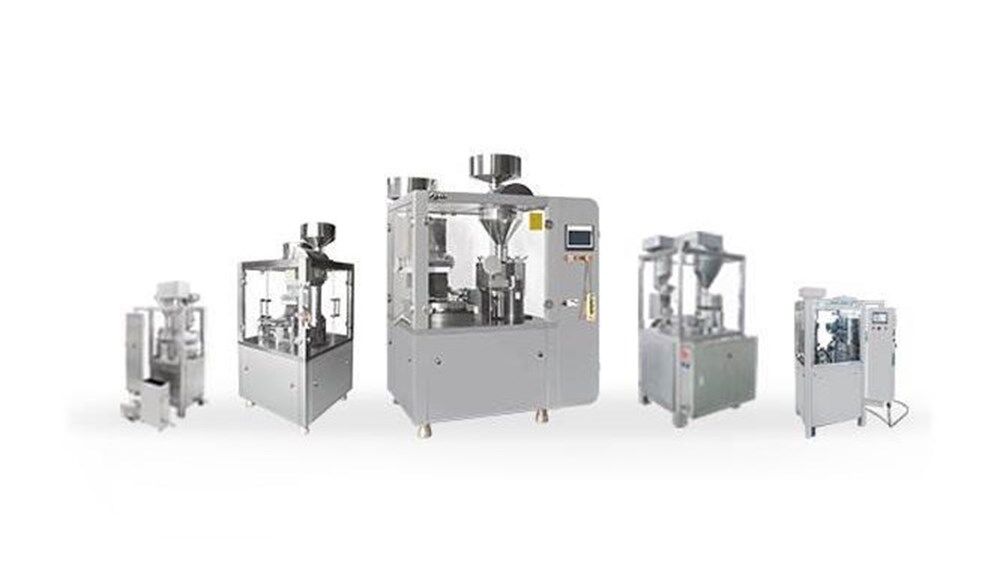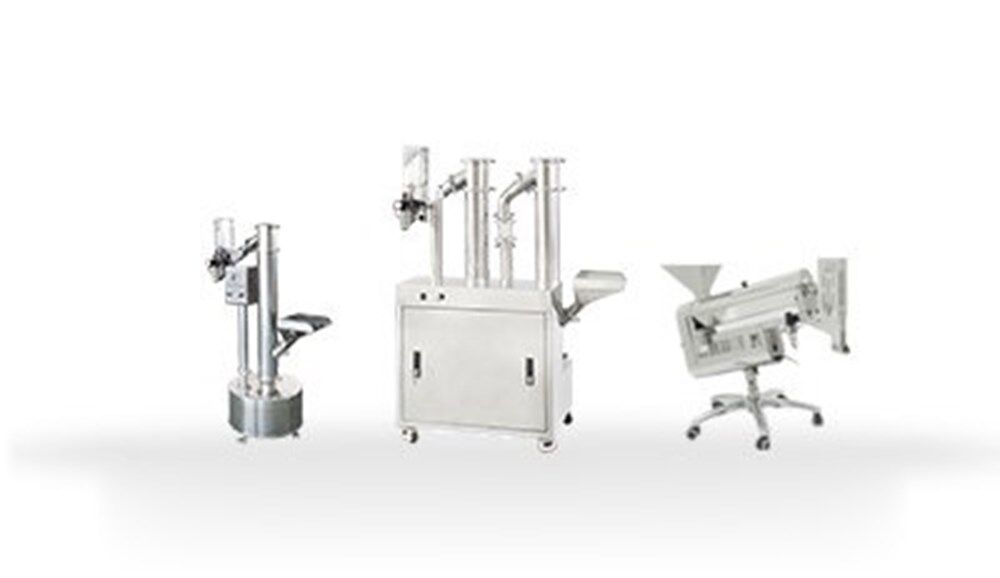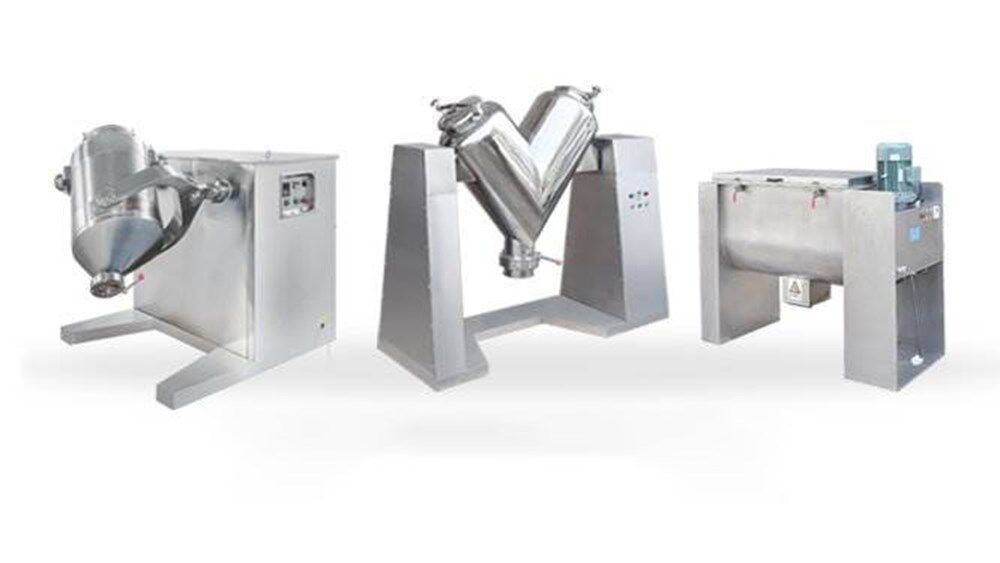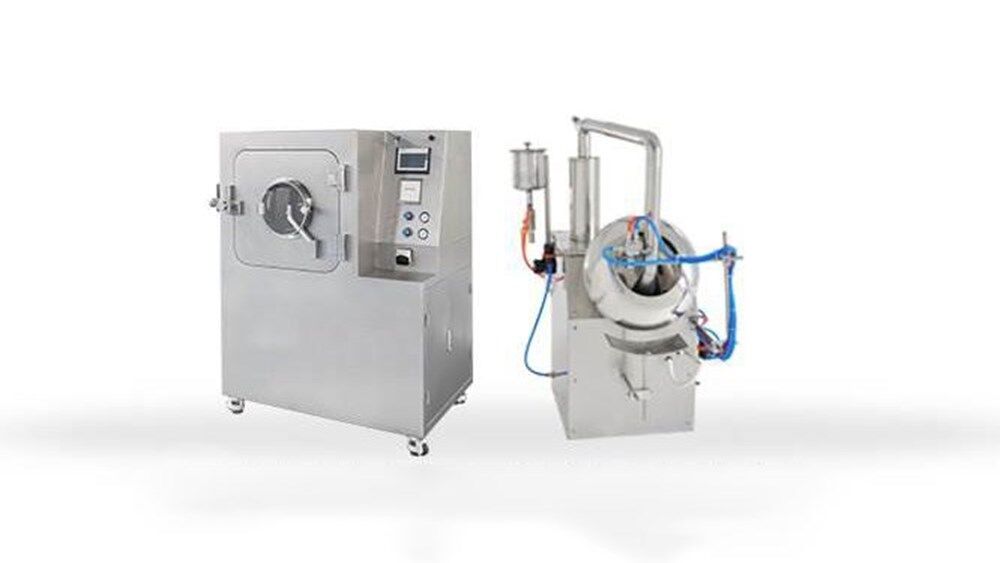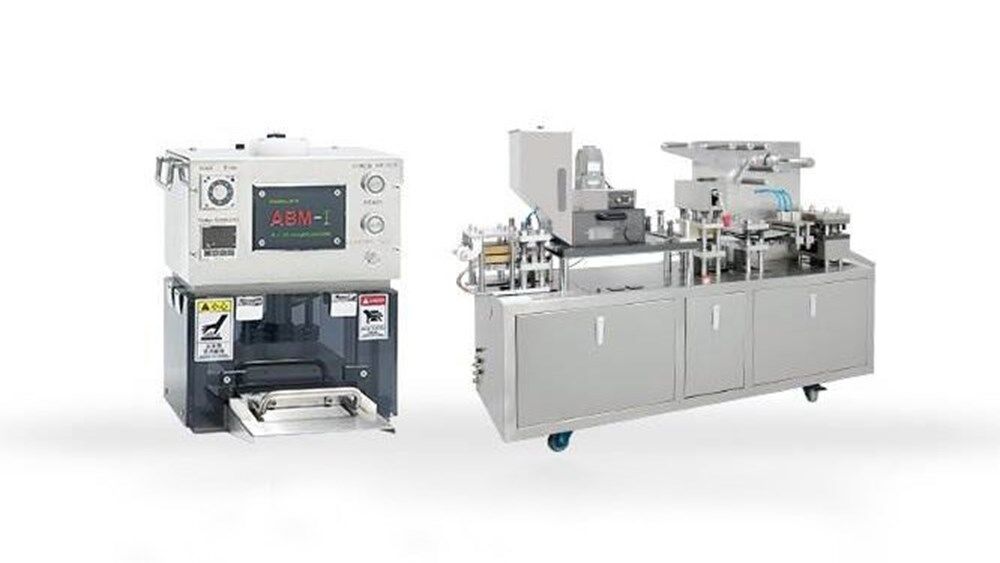Induction Foil Sealer Explained: Working Principle & Considerations
Induction foil sealing machines are increasingly popular in various industries. Because they feature great efficiency in securing product packaging. These machines can ensure tamper-proof seals and maintain product freshness. If you want to learn more about this machine, this post will help you get a better understanding.
What is an induction foil sealer?
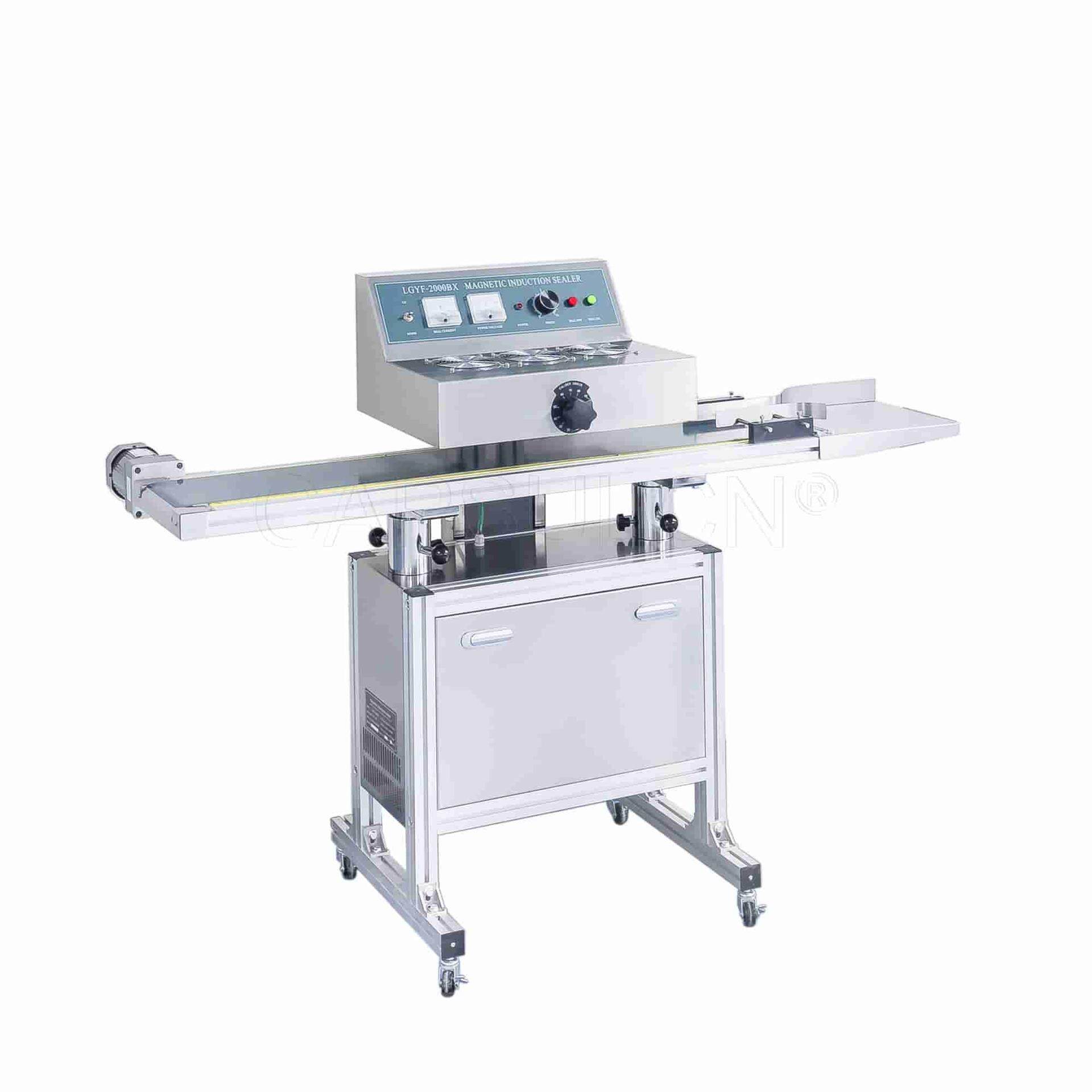
This device is used to seal the openings of containers like bottles and jars with foil. Heat and pressure are used to attach the foil to the container. Then it could create a tight seal. This seal keeps the contents safe and effective. Induction sealing is applied in many industries. In the pharmaceutical industry, it helps keep medicines clean and free from tampering. In the food and beverage industry, it stops leaks and keeps food fresh for a longer time. For cosmetics, it ensures creams and lotions are safe and not contaminated. So many manufacturers choose this sealer as the top packing machine.
How does an induction foil sealing machine work?
This machine is divided into 3 models: manual, semi and fully automatic types. Here is the working principle of automatic sealing machines for your reference. You can check the video at first to see how it works.
Place the containers
After containers are filled with products like capsules, a cap with a foil liner is placed on top. The liner usually has several layers. The outermost layer is a protective layer, made of paper or plastic film. This layer is on top and directly contact in with the container. Its main job is to protect the inner aluminum foil layer and the heat-sensitive layer from damage or contamination. It also makes the seal stronger, making it easier to process and install in the cap. The second layer is the aluminum foil layer. It is the key part of induction heating. The final layer is the heat-sensitive layer. When the aluminum foil is heated, this layer melts and sticks firmly to the container's mouth, creating a seal.
Position under the induction coil
Containers move automatically by the conveyor belt. The machine then adjusts the position of the container. It helps ensure that its opening is directly under the induction coil. Sensors detect if the container are in the correct position. If the container is not correctly positioned, the machine may pause or send a warning to prevent improper sealing.
Create heat with induction
This machine mainly heats the aluminum foil through electromagnetic induction. This process happens without the coil touching the foil or the container. This makes it efficient and safe. In this way, the heat generated is also precisely controlled to avoid damaging the foil or the container.
Sealing the foil
The heat produced by the foil melts the heat-sensitive layer of the liner. As this layer melts, it becomes sticky and bonds to the opening of the container. At the same time, the machine applies light pressure on the cap. This ensures the liner is pressed firmly against the container opening. It creates a uniform seal without gaps or air bubbles.
Cool and discharge
After the heat-sensitive layer bonds to the container, the container moves to a cooling area to cool naturally. During cooling, the melted layer hardens. It forms a strong, airtight, and tamper-proof seal. Finally, the sealed container is sent to the next stage of production, such as labeling or packing.
Two container materials used in this machine
Plastic

Plastic is the most popular material used for making bottles. It is light, durable and cheap. This makes plastic bottles ideal for products like food, beverages, and cosmetics. Common plastics include PP, PE, PET and HDPE. PE is often used for milk and detergents, while PET is common for oils and cosmetics. If you run a chemical or pharma business, HDPE is better. PP is more suitable for food items like yogurt and sauces. When you choose the plastic type, please note that don’t choose one that is not heat-resistant. Because it might lead to deformation during sealing.
Glass
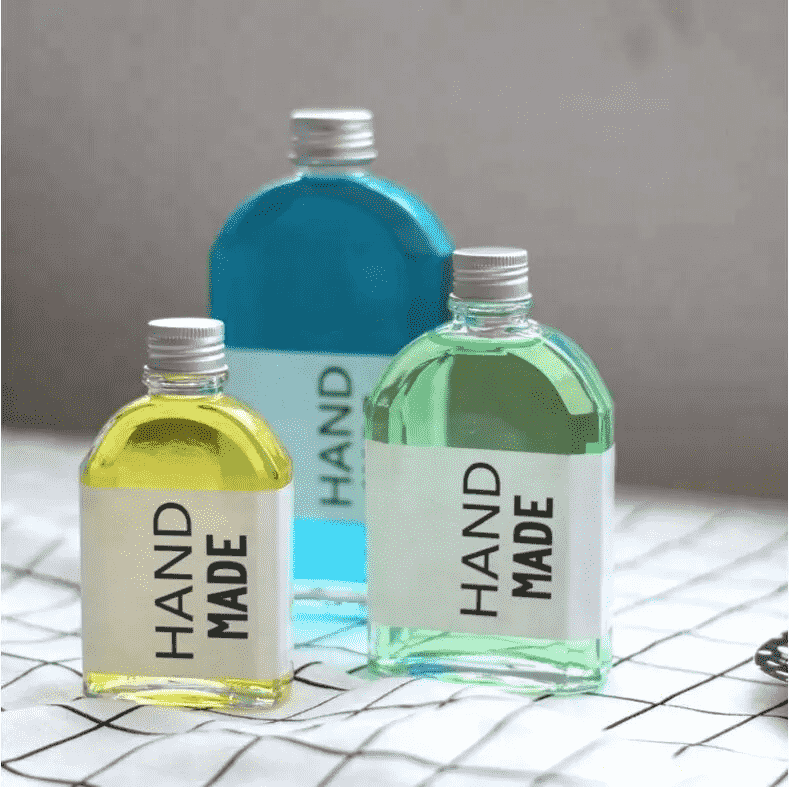
Glass containers come in many types. They can be designed with clear, frosted or colored surfaces. Glass is also a popular material. It features an elegant appearance and excellent barrier properties. So it could preserve product quality for a long time. Glass containers are widely used in cosmetic and food industries, such as oils, sauces, and beverages. However, glass containers cost more than bottles made of other materials. Because they have a complex manufacturing process. In addition, they are heavy and fragile. This increases transportation costs and the risk of breakage.
How to choose an induction sealing machine?
If you want to buy an induction sealer, you need to consider the following to know which one suits you best.
Cap size
Every induction sealing machine has specific cap sizes it can handle. Caps can vary greatly in diameter. They range from small ones used on medicine bottles to larger ones for wide-mouth containers. Before choosing a machine, you should make ensure your cap sizes are within the machine’s handling ability. If not suitable, it can lead to weak seals, leaks, or even damage to the machine. If your production contain multiple cap sizes, look for a versatile machine that can adjust to different sizes easily.
Cost
If you run a small business, a manual or semi-automatic machine might be better. It improve efficiency but also costs less. For high-volume sealing requirements, an automatic machine is ideal. It features the best production speed. But cost is also the highest. If you want to buy automatic models, you can consider long-term expenses like maintenance, electricity, and replacement parts. It is important to buy a machine that fits your current needs and have room for future growth. It can help you save money over time.
The end
An induction sealing machine helps product packaging more secure and professional. It improves the overall quality of contents. If you're looking to improve your packaging process and save time, an induction sealer is a good investment for your business.
Leave your comment
Also Offers
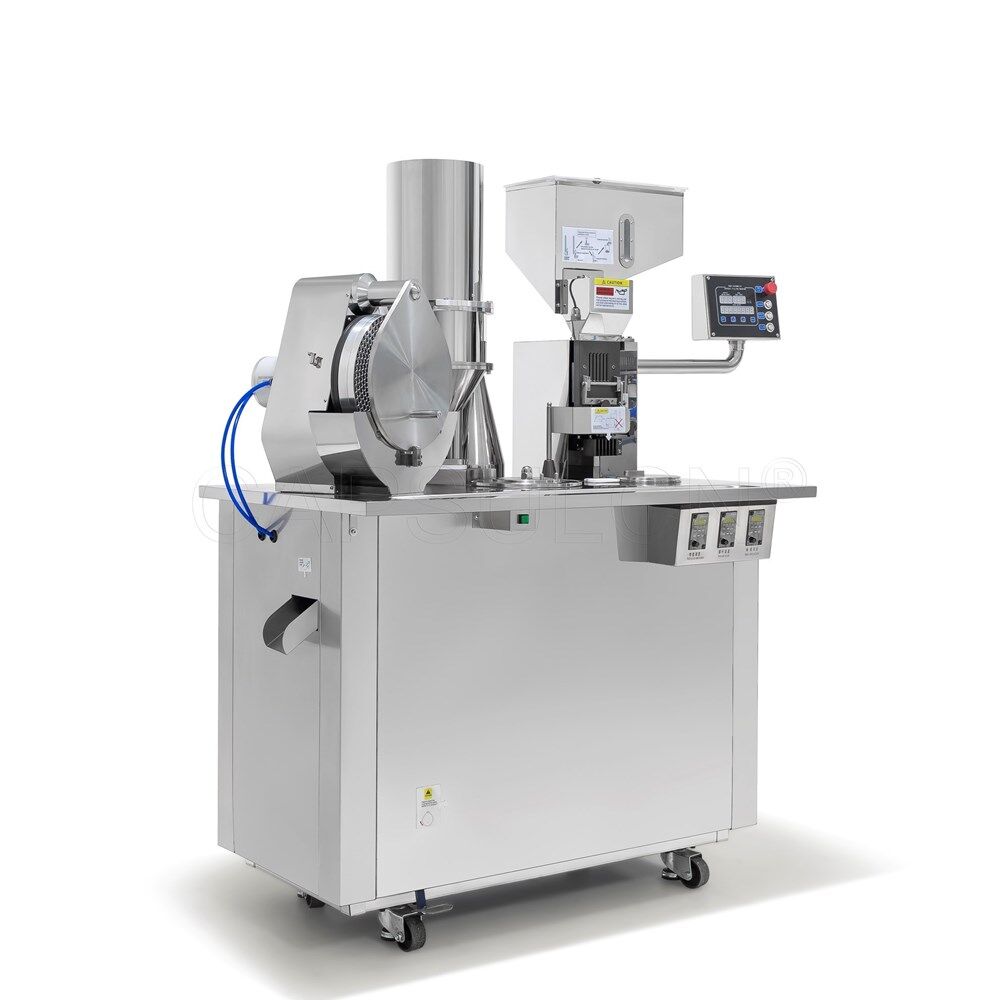
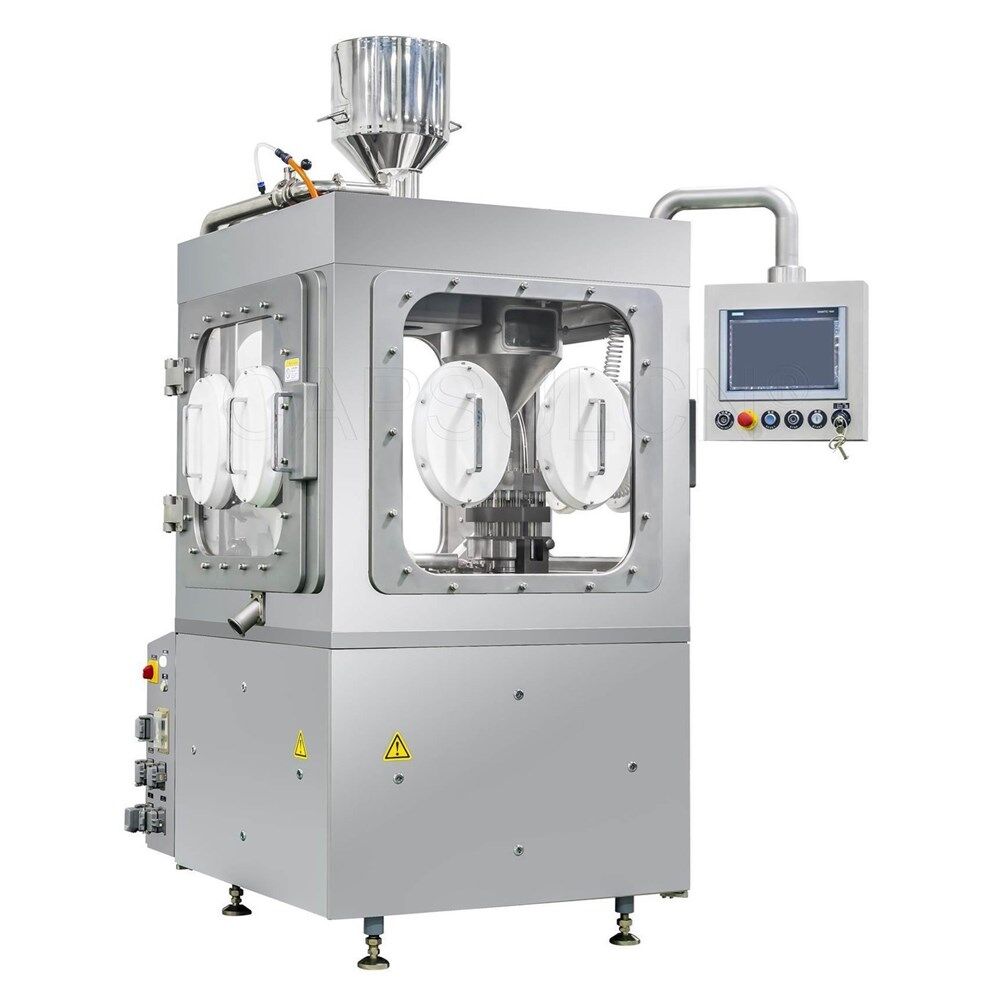
Containment Automatic Capsule Filling Machine SFK-703
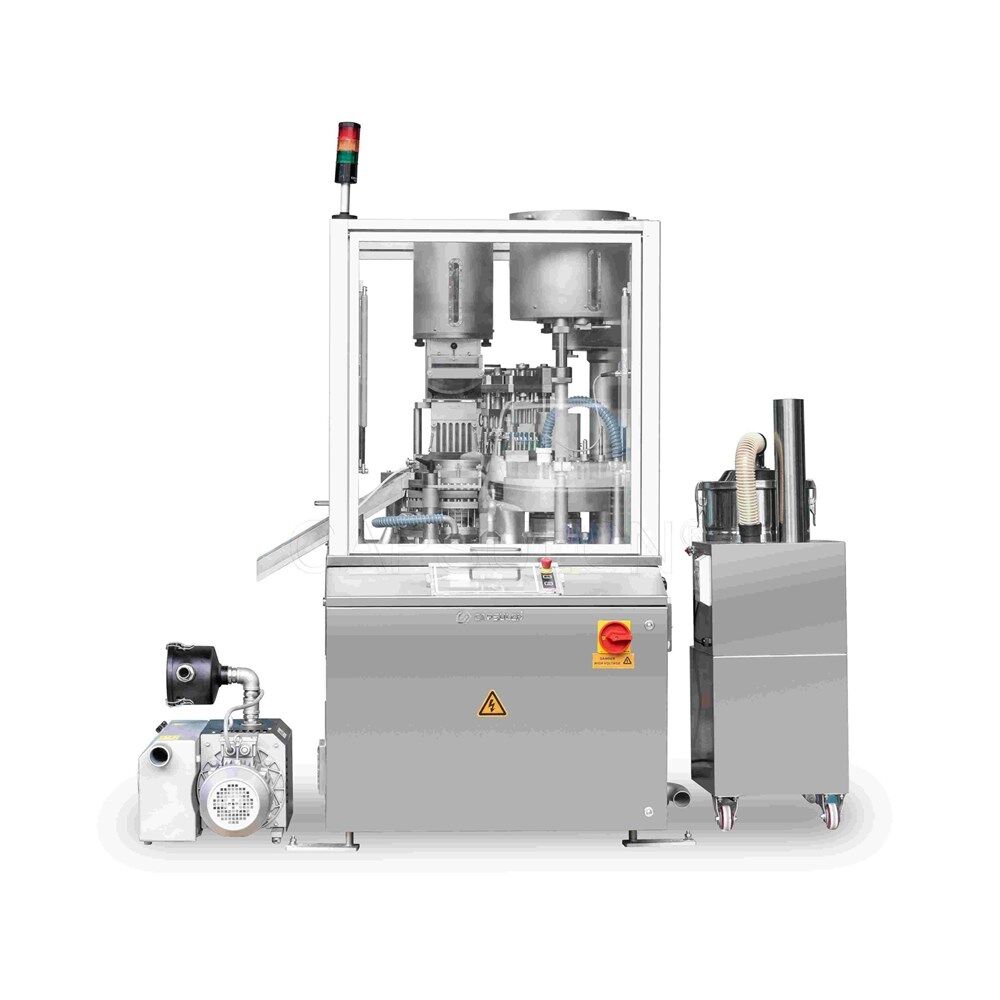
Fully Automatic Dosator Capsule Filling Machine CZ-40

Our Team
As an expert in the pharmaceutical and pharmaceutical packaging industry, iPharMachine has provided solutions for hundreds of pharmaceutical and health product manufacturers for 17 years. By visiting customers, we get good reviews from our customers.
- info@ipharmachine.com
- English Español Deutsche
